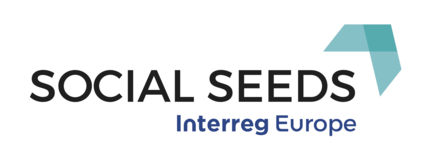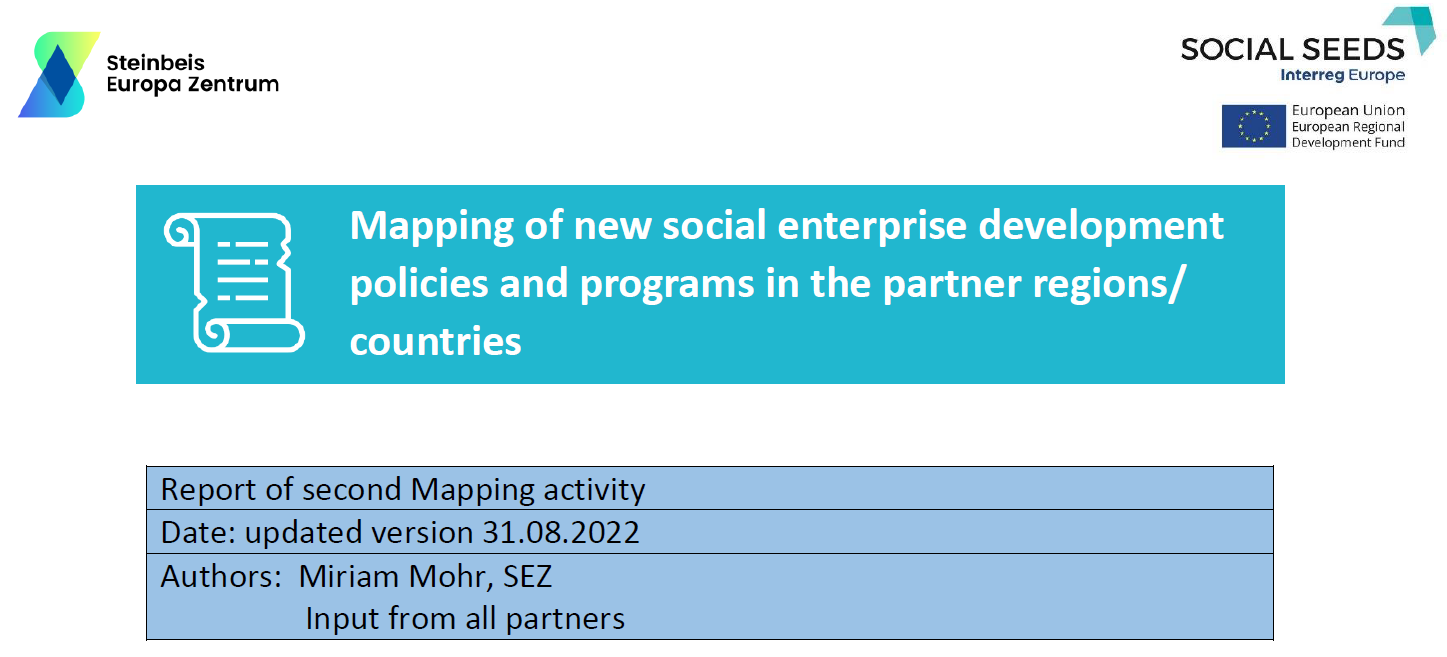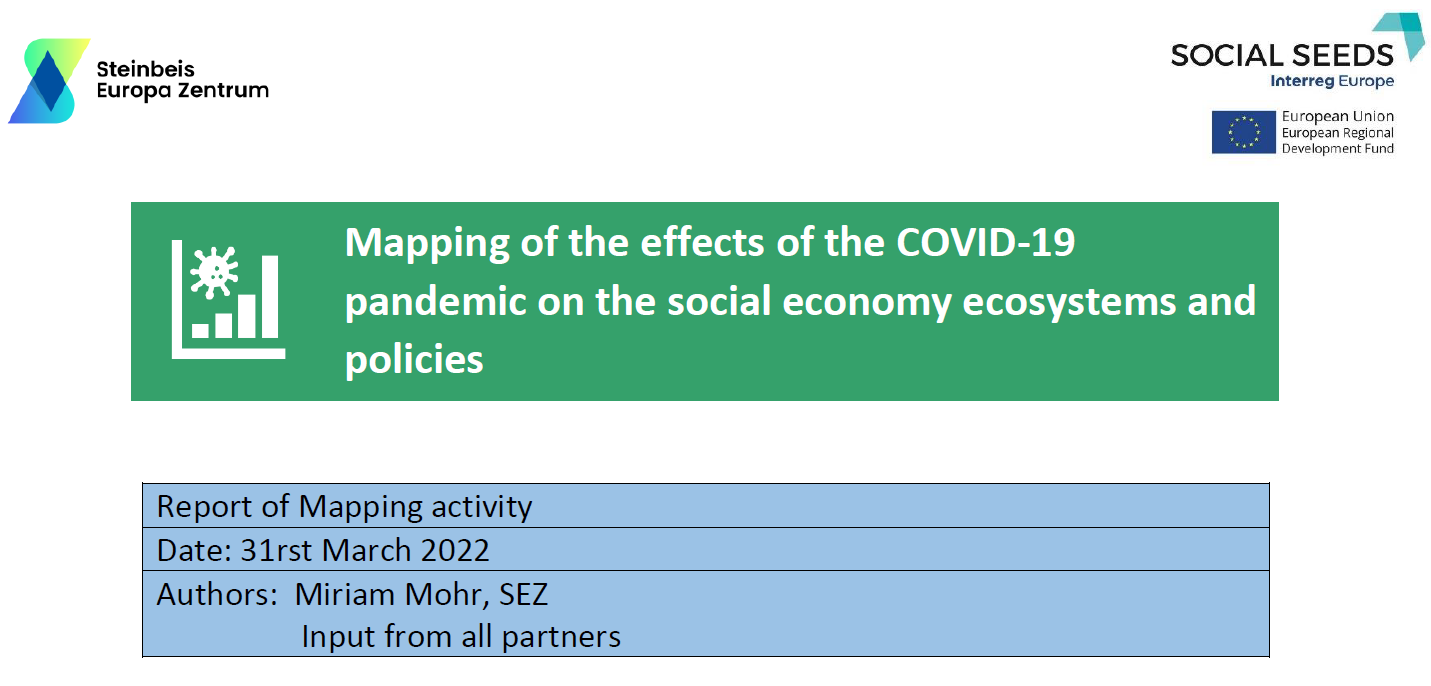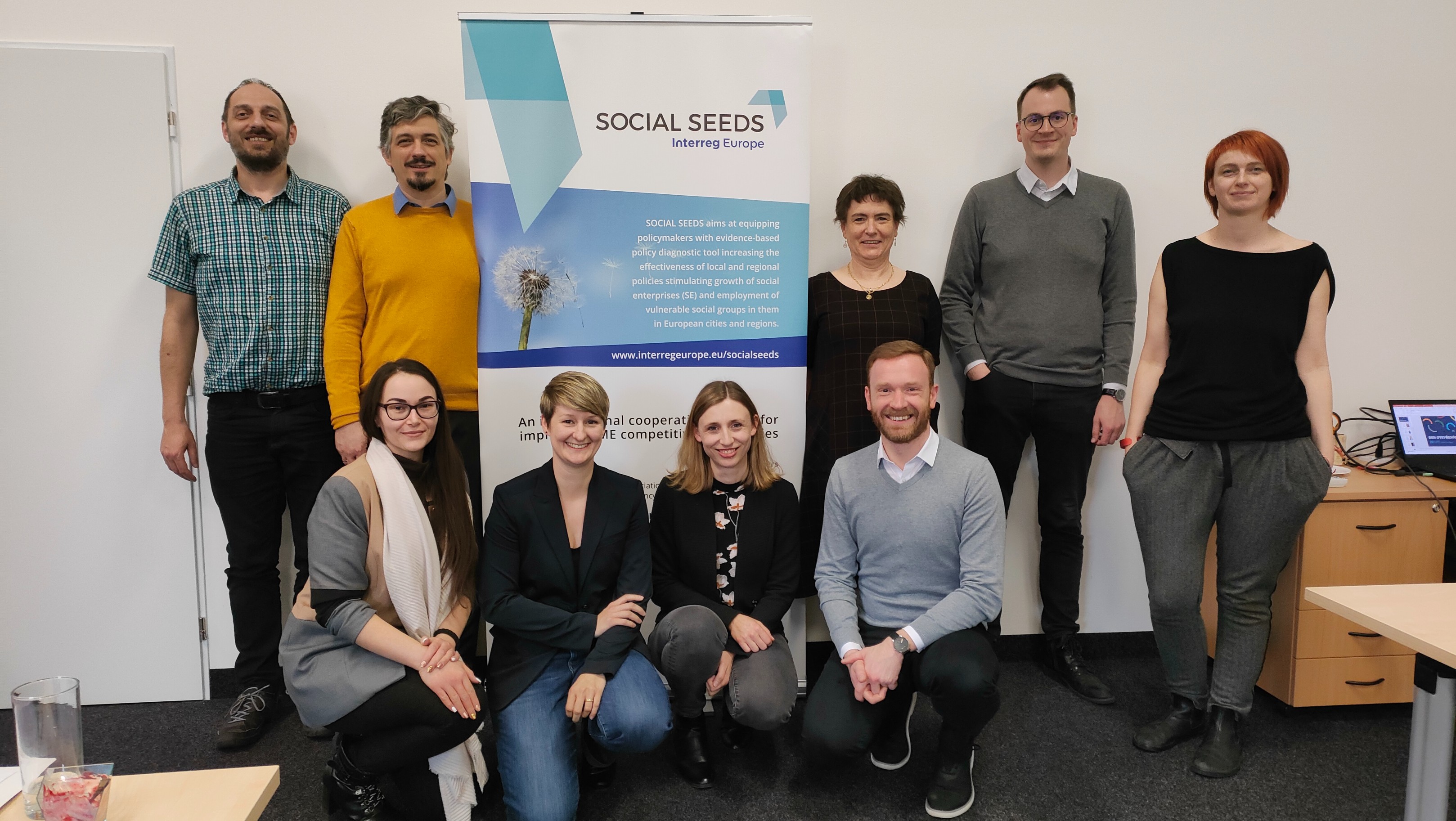One of the main objectives of the legislative framework for the European Structural and Investment Funds for 2014-20 is to reinforce the focus on results. Within cohesion policy, one of the ways to do this is by using a JAP. Thus, the European Social Fund (ESF), as a contribution for the Europe 2020 strategy for smart, sustainable and inclusive, calls for proposal for a pilot Joint Action Plan (JAP).
The objectives:
The objective of this pilot action is to strengthen national and regional capacity in Member States to prepare, design and implement JAPs by sharing experience and disseminating information derived from the implementation of one or several pilot JAPs. It answers the Commission will to shift the focus from inputs to outputs and results.
Lessons learned from the pilot JAP would also facilitate an assessment of the potential and desirability of Joint Action Plans for the post 2020 period.
Its main goal is to facilitate the implementation of the ESF’s main areas being employment, education, training and the fight against social exclusion, poverty and discrimination.
Financial Support:
The financial support will concern identified activities within the JAP:
- a set of complementary actions which are carried out by at least two organisations under the responsibility of the beneficiary with the aim to address a challenge identified in the pilot JAP areas (see below)
- based on an intervention logic, providing a logical link between the development needs, objectives, outputs and results with milestones and targets, and (types of) projects envisaged
- with a reimbursement of costs based on achieved outputs and/or results. The mix of output and/or results indicators may differ between and within proposals. It is possible for some project costs to be proposed to be reimbursed primarily based on achieved outputs, and for others to be reimbursed primarily based on achieved results, or a combination of both.
Ongoing actions may be included into the pilot JAP proposals provided that no double-funding takes place. Investment in infrastructure is excluded; depreciation costs for equipment are eligible.
Conditions:
In order to be financed, a JAP should fall under certain areas.
The JAPs areas are the following:
- to support the achievement of a Member State’s Country Specific Recommendations relevant to the ESF’s investment priorities: promoting sustainable and quality employment and supporting labour mobility, promoting social inclusion, combating poverty and any discrimination and investing in education, training and vocational training for skills and life-long learning.
- and/or to support the Commission’s policy initiatives relating to Long Term Unemployment, Youth Unemployment, Integration of Migrants and the Skills Agenda.
The financial support of the Commission will take the form of an action grants providing a reimbursement based on unit cost(s), and/or lump sum(s).
Expected results:
Outputs are directly produced or supplied through the implementation of the pilot JAP's projects. They should be linked to the activities planned and should contribute to the results. The results shall reflect the pilot JAP’s direct effects on participants or entities involved - for example, a change in employment status upon leaving. The results shall be linked to the pilot JAP’s objectives.
Outputs and results need to be clearly defined. Targets and, where appropriate, milestones shall be quantified using realistic and measurable indicators.
(reference call VP/2018/010 – deadline 19th July 2018)
For further information click here









